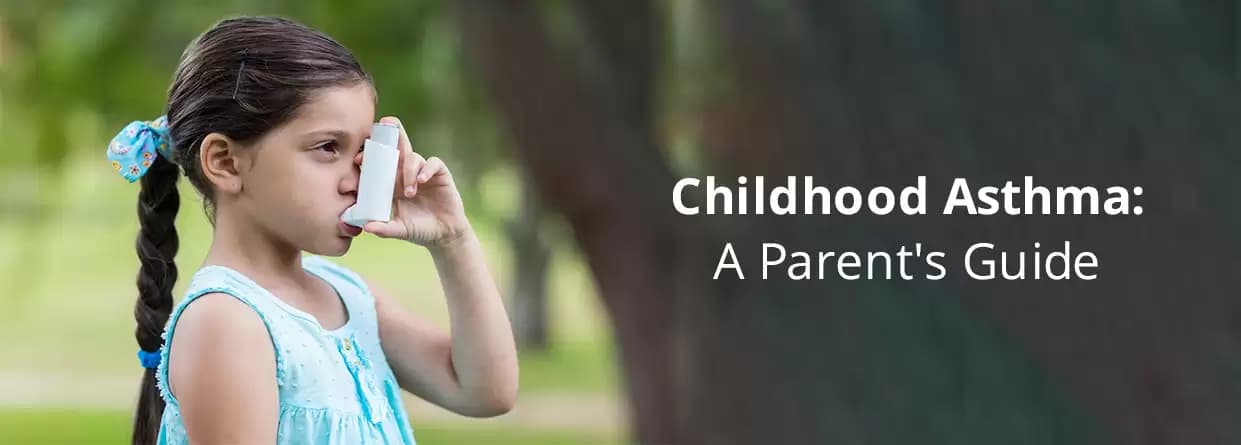
The majority of children with asthma exhibit symptoms before the age of five. In newborns, toddlers, and preschoolers, the bronchial tubes are short and narrow.
Overview
As a parent of an asthmatic kid, you understand how upsetting it can be to hear your child gasping or struggling to catch their breath. Childhood asthma is similar to adult lung disease. However, the symptoms may vary from those of an adult. That’s why many parents ask a lot of questions about childhood asthma from their pediatrician. Here we’ve discussed the same in brief with one of our best lung specialist doctors in Kolkata.
The majority of children with asthma exhibit symptoms before the age of five. In newborns, toddlers, and preschoolers, the bronchial tubes (the passages that allow air to enter and exit the lungs) are short and narrow. Inflammation of these airways, caused by head colds, chest colds, and other ailments, can make them even smaller and narrower.
Childhood asthma symptoms can range from a persistent cough that lasts for days or weeks to abrupt and frightening breathing problems. Parents should be aware of the following warning signs:
There are multiple reasons that can trigger childhood asthma. The following are some of them:
The following factors may raise your child's risk of acquiring asthma:
If your child is experiencing asthma symptoms:
The following are the warning symptoms of an asthma attack and you should call your healthcare provider right away if you notice
As per our experts practicing at the best lung hospital in Kolkata, you can understand when your child’s asthma will be well controlled by keeping a track of the following:
Do not let your child’s growth be affected by asthma. If you have any queries or need a second opinion, visit our expert practicing in the best lung hospital in Kolkata and see your child's asthma symptoms fade away.
Written and Verified by:

Dr. Raja Dhar is the Director & Head of Pulmonology Dept. at BM Birla Heart Hospital and CMRI Hospital, Kolkata, with over 27 years of experience. He specializes in interstitial lung disease, asthma & allergy, COPD, sleep medicine, advanced lung function services, interventional & diagnostic pulmonology, rare stroke & orphan lung diseases, and all disciplines of respiratory medicine.
© 2024 CMRI Kolkata. All Rights Reserved.